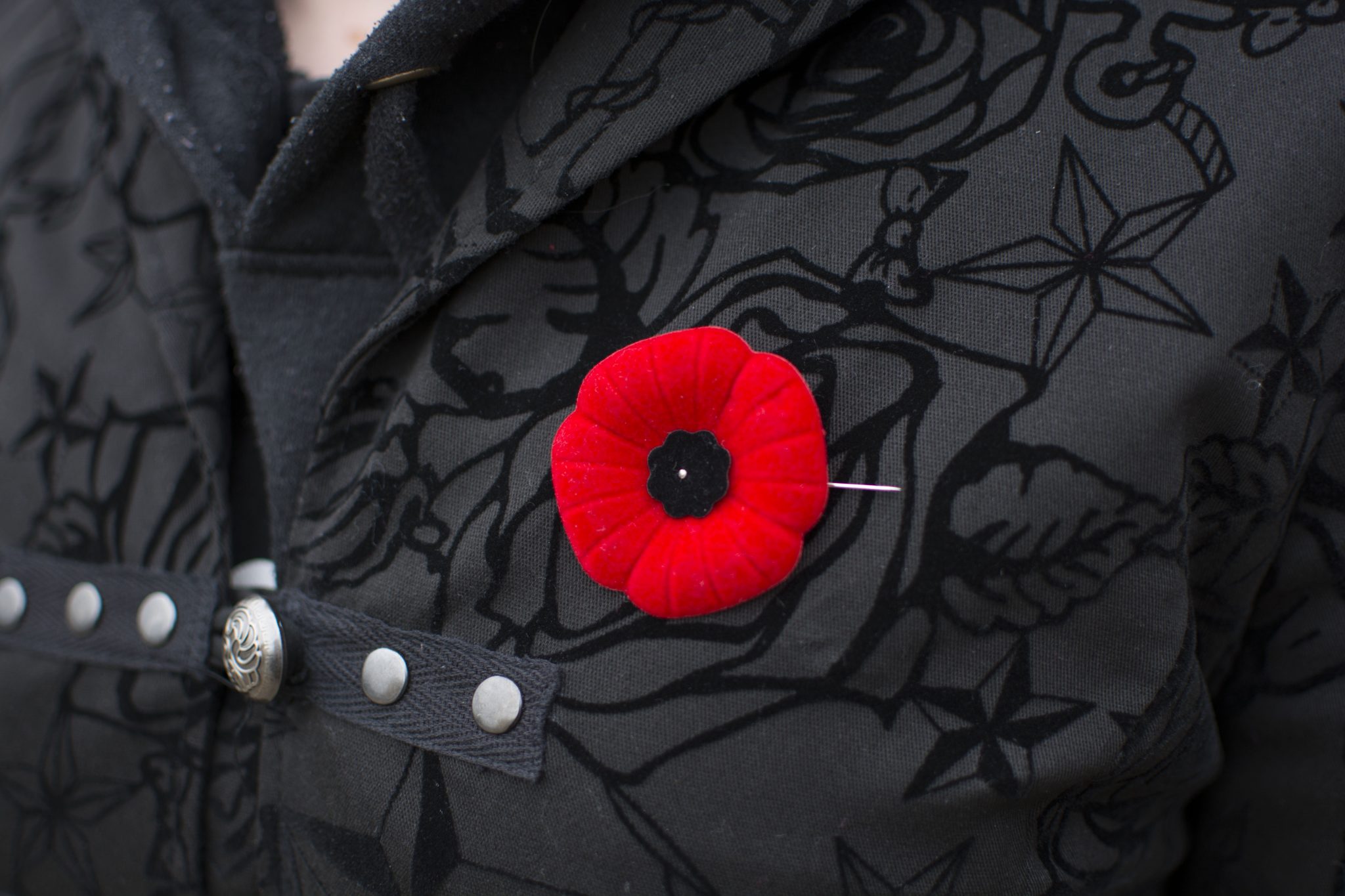Remembrance Day: What it means and why we reflect?


Every year on the eleventh month on the eleventh day at the hour, we remember.
It is a day immortalized in time to look back and reflect. We take a minute of our time every year to look back upon the conflicts that caused the countless deaths of those who could have been.
A statement from Prime Minister Trudeau released on Monday said the following:
“Every generation of Canadians has answered the call to serve. From Ypres to Dieppe to Korea to Afghanistan, our servicemen and women have shown courage as a matter of course, and stood resilient in the face of great adversity.”
It continued.
“This year, in marking the 150th anniversary of Confederation, we have paused and reflected on some of our most important military milestones. In keeping alive the memory of battles like Passchendaele, Hill 70, Vimy, and Dieppe, we remind this generation and future generation, where their freedom comes from.”
This past Saturday I had the honour of participating in the Oakville Remembrance Day ceremony as a serving member of the Canadian Armed Forces.
Together we marched for those who no longer could, alongside the Halton Regional Police, Army Cadets, Air Cadets and the RCMP. It truly changed my own perspective towards Remembrance Day, as I personally met and talked to members whose friends and family have passed due to conflicts overseas.
It is for this reason that Remembrance Day is not simply about soldiers and those who sacrificed their lives to give us what we have today, but is also a time to look at the effects of these wars and why we should always work to avoid them no matter the cost
Cameron Baer, president of the History Student’s Association and avid military history buff stated:
“I would put it down to this … [it was] the first instance of total war we’ve had … now people start to ask the question what did we fight that war for, the war to end all wars, when it really wasn’t.”
Passionate about the subject, Baer continued:
“That’s what Remembrance Day is about, its not about remembering why we fought or anything like that. It’s about remembering those people who did fight for one reason or another and those people who fought and suffered and died in those kinds of conflicts.”
What is important to remember when looking at the effects of these international conflicts – regardless of the era – is the bystander casualties that are caused as a result.
These conflicts often lead to the deaths of regular civilians who are simply trying to maintain some sense of clam whilst their world is crashing down around them.
It is for this reason that Remembrance Day is not simply about soldiers and those who sacrificed their lives to give us what we have today, but is also a time to look at the effects of these wars and why we should always work to avoid them no matter the cost.
“I don’t think you have to have a connection to participate … just remember these are people that could have been your friends your family,” Baer said.
“I think the meaning and the sacrifice becomes much more immediate. Just remember that it was them and not you or someone you know. For those who served or are serving, I don’t think I have to tell them that.”
Every year, Wilfrid Laurier University holds a traditional ceremony with speeches from both the student body and faculty commemorating those who were lost and those who continue to serve for our country.


